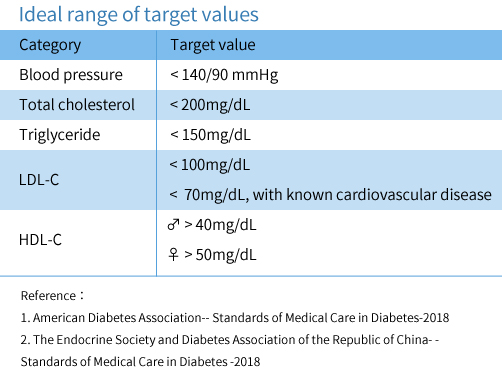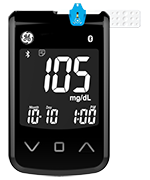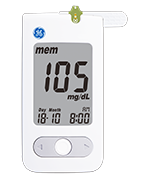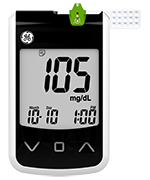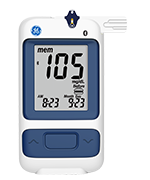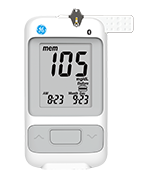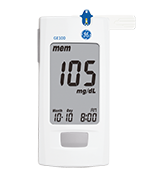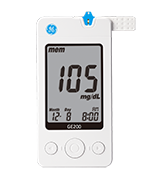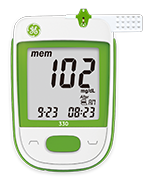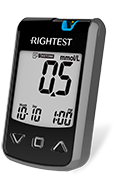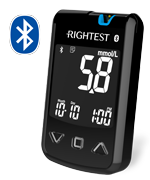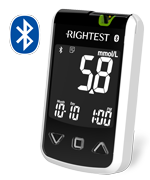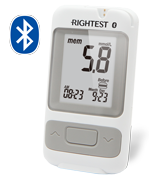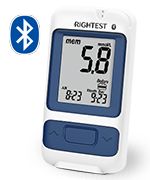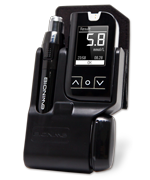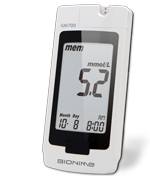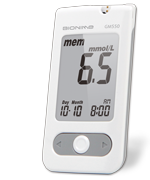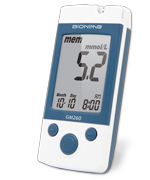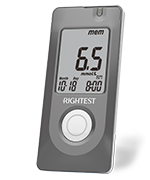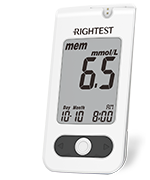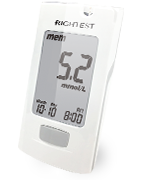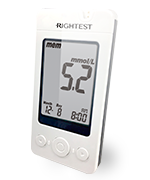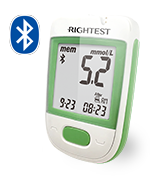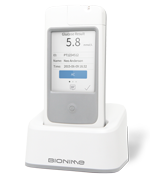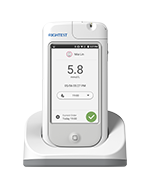Diabetes and cardiovascular diseases
Cardiovascular diseases are the most common diabetic complications and also have the highest mortality rate. Up to 80% of diabetic patient mortality is the result of coronary arterial disease, which significantly impacts medical costs and living quality. Studies have shown that diabetic patients are at higher risk of cardiovascular diseases than non-diabetic patients. The American Diabetes Association recommends all diabetic patients to treat themselves high risk population for cardiovascular diseases, regardless of having cardiovascular complications or not. Furthermore, patients should actively control risk factors related to cardiovascular diseases, such as blood lipids, blood pressure, blood sugar control and changes to lifestyle. These measures could prevent and reduce the onset of cardiovascular complications and related mortalities.
Recommendation from the American Diabetes Association
- Measure your blood pressure before each clinical visit. Patients with high blood pressure should measure blood pressure every morning and evening at home.
- Test blood lipid levels at least once per year, such as total cholesterol, triglyceride, LDL-C and HDL-C.
- Maintain appropriate body weight.
- Diabetes patients over the age of 50 or below the age of 50 but e at risk of peripheral arterial disease (e.g. smoking, high blood pressure, blood lipid or history of diabetes for more than 10 years), should consider checking for ankle brachial index (ABI).
- Control of blood lipids, blood pressure and blood sugar within appropriate ranges, such as shown below.
